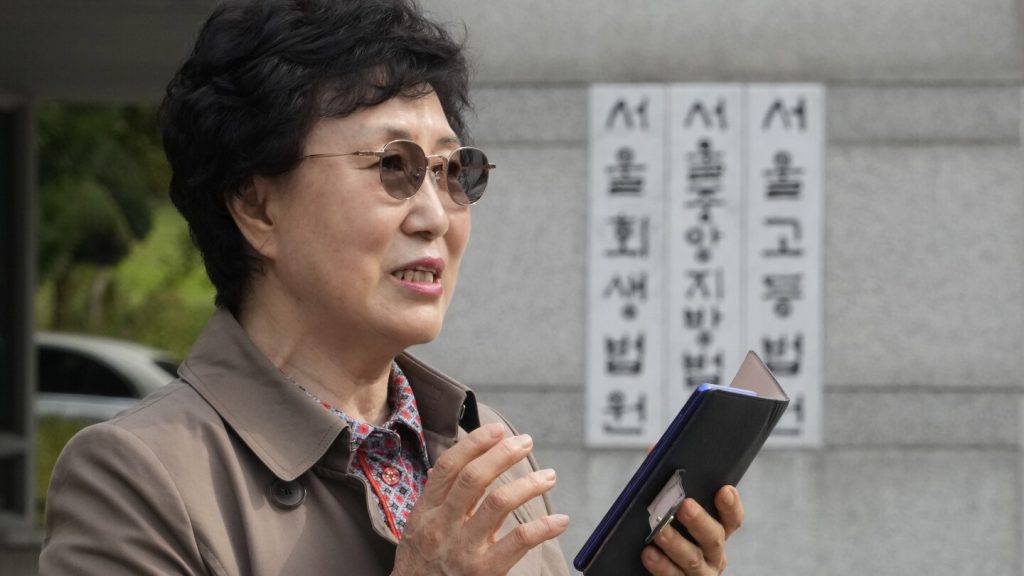A 70-year-old South Korean woman named Han Tae-soon has filed a lawsuit against her government, an adoption agency, and an orphanage over the adoption of her daughter, Laurie Bender, who was sent to the United States in 1976 after being kidnapped at age 4. This case is part of the larger issue of questionable child-gathering practices and falsification of paperwork that affected South Korea’s adoption program during the 1970s and 80s. This is the first known case of a Korean birth parent suing for damages over the wrongful adoption of their child.
Han had reported her daughter missing and spent over 40 years searching for her, even going on Korean media and displaying her daughter’s picture in various places. She accuses Holt Children’s Services, South Korea’s largest adoption agency, of facilitating Bender’s adoption without conducting a thorough background check. The Jechon Children’s Home, where Bender was placed by the police, allegedly made no effort to find her parents before she was sent to the United States under a new Korean name.
Han is seeking approximately 600 million won ($445,000) in damages for the pain and suffering caused by the wrongful adoption of Bender. The lawsuit lists Han, her husband, and two of her other children as plaintiffs, but not Bender. The South Korean Justice Ministry declined to comment on an active legal case, while Holt Children’s Services did not immediately respond to requests for comment. Han’s lawyers argue that both the government and the adoption agency are at fault for failing to properly search for Bender’s parents before allowing her to be adopted.
In a heartbreaking moment, Han reunited with Bender in 2019 after decades of searching. They were connected through DNA testing facilitated by a nonprofit group that helps Korean adoptees reunite with their birth families. This emotional reunion highlighted the pain and trauma caused by the dubious adoption practices that led to Bender being taken from her mother. The reunion also shed light on the larger issue of around 200,000 Korean children being sent to the United States and other Western nations for adoption, despite evidence of unethical practices.
This lawsuit is part of a larger trend of Korean adoptees seeking justice for mishandled adoptions. Adam Crapser previously sued the South Korean government and an adoption agency for damages relating to his adoption to the United States, where he faced legal troubles and was eventually deported. The Seoul Central District Court ordered Crapser’s adoption agency to pay him damages, but dismissed his claims against the Korean government. The case is now with the Seoul High Court for further appeals and deliberation.
Overall, Han’s lawsuit against her government, an adoption agency, and an orphanage highlights the ongoing impact of unethical adoption practices in South Korea during the 1970s and 80s. It also underscores the importance of seeking justice and accountability for the families who were affected by these practices. As more cases like this come to light, it is crucial for all parties involved to take responsibility and work towards ensuring that such injustices are not repeated in the future.















